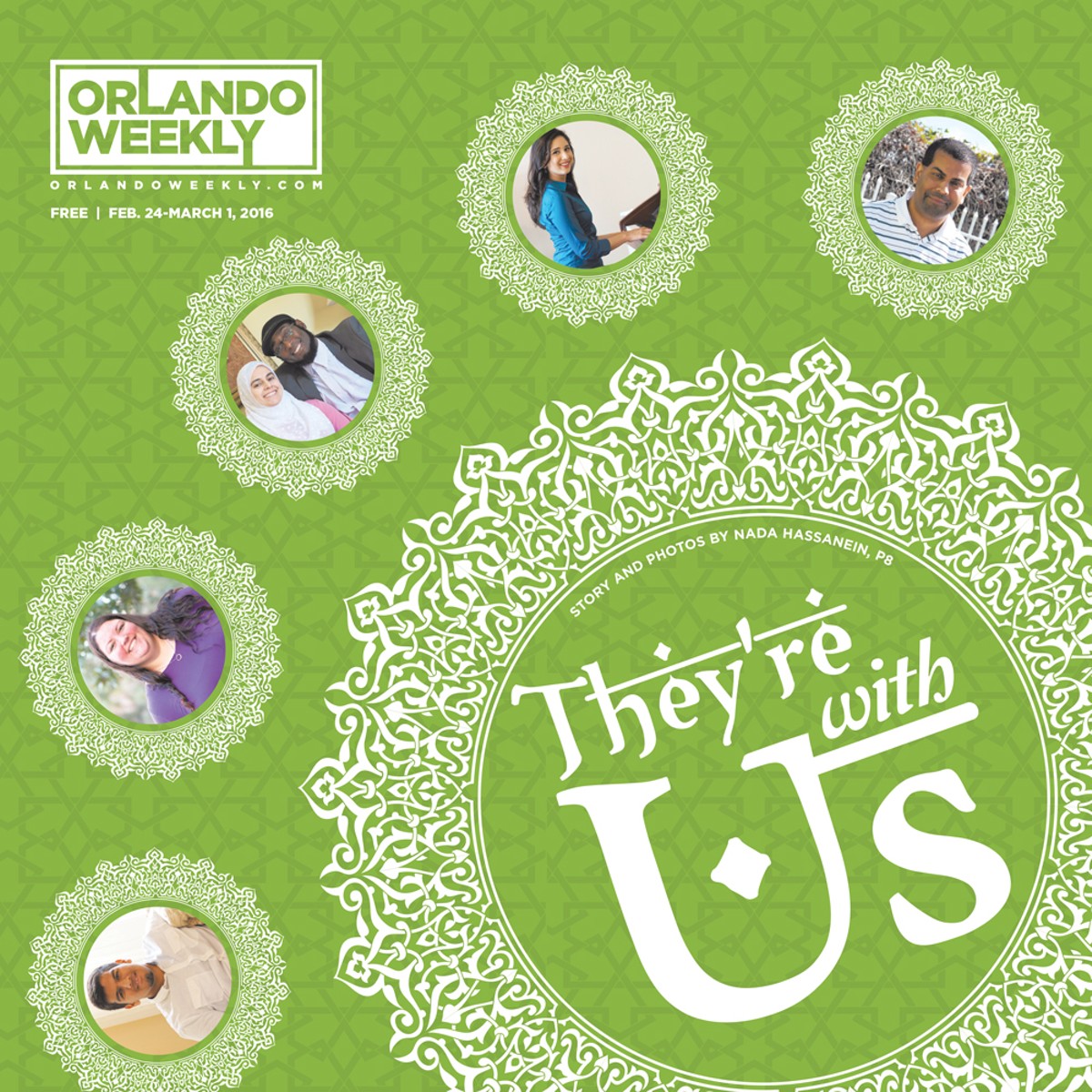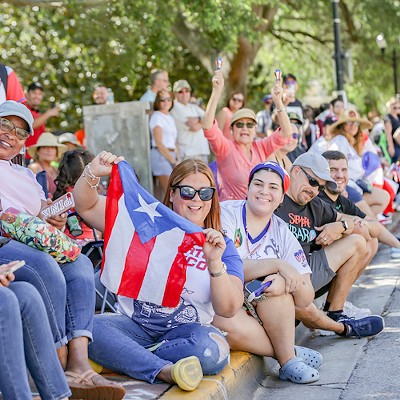In February 2015, the Chapel Hill, North Carolina, community was shaken by the murder of three bright Muslim students: Deah Barakat, 23; his wife, Yusor Abu-Salha, 21; and her sister, Razan Abu-Salha, 19. Their neighbor, Craig Hicks, shot all three of them in the head in Barakat and Yusor's own apartment, then turned himself over to police, according to USA Today.
Thousands attended their funeral prayers. Newlyweds Barakat and Yusor had planned to attend the same dental school. Barakat was outgoing, loved playing basketball and had raised thousands of dollars to provide dental care for Syrian refugees. Yusor had spent the summer volunteering at a dental clinic for refugees in Turkey, and Razan was an artistic architecture student known for her lighthearted sense of humor.
Police arrested Hicks and said an ongoing parking dispute may have motivated the shootings, according to Chapel Hill's News & Observer, but many think the tragedy was a hate crime – Hicks often posted anti-religion sentiments on his Facebook page and made threatening visits to the victims' apartment.
It didn't happen here – but could it?
According to a December story in the New York Times, a study conducted by a research group at California State University, San Bernardino, showed that hate crimes against Muslims in the United States have tripled since the Paris terrorist attacks of November 2015. Just three months ago in Tampa, two Muslim women wearing hijabs, or headscarves, were attacked in separate incidents after leaving their mosques, and on Jan. 2, a Titusville mosque was vandalized by a man with a machete. Just last week, a man pled guilty to making threatening calls to two Pinellas County mosques in November.
Despite the rise in anti-Muslim rhetoric and sentiment in the country, local Muslims try to live regular lives. They have personal goals. They aspire to open free health clinics. They hold neighborhood barbecues. They stay up late watching Breaking Bad. They stroll around the Lake Eola Farmers Market on Sundays. They frequent your favorite local coffee shops. Perhaps your barista, your doctor or your cashier at Target is Muslim.
In other words, they aren't all that different from anyone else.
We asked some local Muslims to tell us about their lives, how they feel when faced with anti-Muslim sentiment and how they cope with having to defend their lifestyle and religion.



















